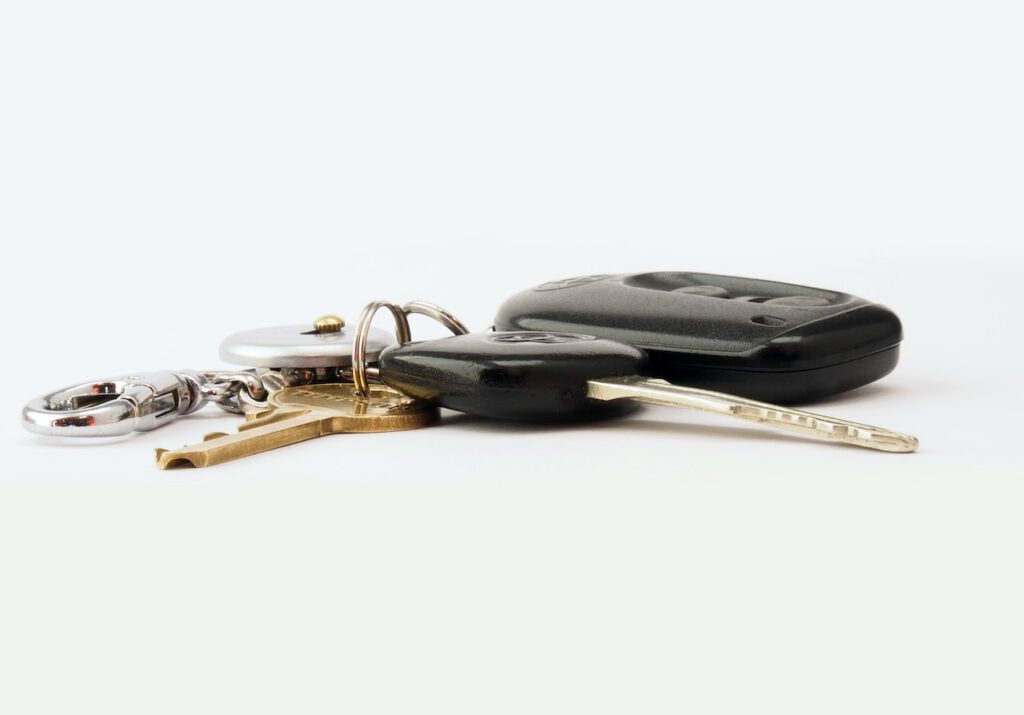Tips for Learning to Drive in Later Life

Collaborative Post
Learning to drive is typically an endeavour undertaken at a young age – either the moment you hit the legal driving age, or at your earliest convenience as a young adult. The younger you are, the quicker you are to learn and the easier you will pick up the skill of a lifetime. But some, for whatever reason, are relatively late to the driving party, and might feel a little deflated at the prospect.
While it is true that the older you get, the harder it is to learn things, this by no means makes it impossible, and absolutely shouldn’t dissuade you from taking the opportunity to learn to drive. Still, doing so can be daunting – so what can you do to help you towards a positive test result in the future?
Don’t Panic
First things first – it is crucially important that you get on top of your feelings about learning to drive at a later date than most. There are a great variety of reasons for which people take their time getting behind the wheel, all of which are valid. Nothing should discourage you from getting stuck in to learning, and to expanding your skill set in the process. Indeed, by waiting you may have put yourself in a much better financial situation to actually afford a car.
Schedule Lessons Well
Finding time to take your driving lessons can be difficult, particularly if you have a full-time career to fit your lessons around. A good option can be to arrange your lessons to start immediately after you finish work, from your office car park if you work in-office. The lesson can then take place, and finish at home. If necessary, you may even be able to come up with an arrangement with your employer, granting you more flexible hours to complete your lessons.
Practice, Practice, Practice
Practice makes perfect with any discipline, but definitely does so for driving – and is a fantastic way to reinforce your knowledge as an adult. You could practise by arranging for driving sessions outside your formal lessons. If you have driving family members above the age of 21 (and who have been driving for three years) they can legally chaperone you driving on UK roads. All you would need to do is get yourself some temporary learner driver insurance on their car, and then you would be able to fit in as much practice as you both have time for.
Study
Unfortunately, there is no alternative to simply knuckling down with some driving theory – particularly when it comes to cramming for your theory test. You will need to familiarise yourself with the ins and outs of the Highway Code, which can be an intimidating task. Don’t be afraid to ask your family to help you by quizzing you with past questions before you sit your test.
Photo by Brett Jordan: https://www.pexels.com/photo/car-keys-on-white-surface-842528/

